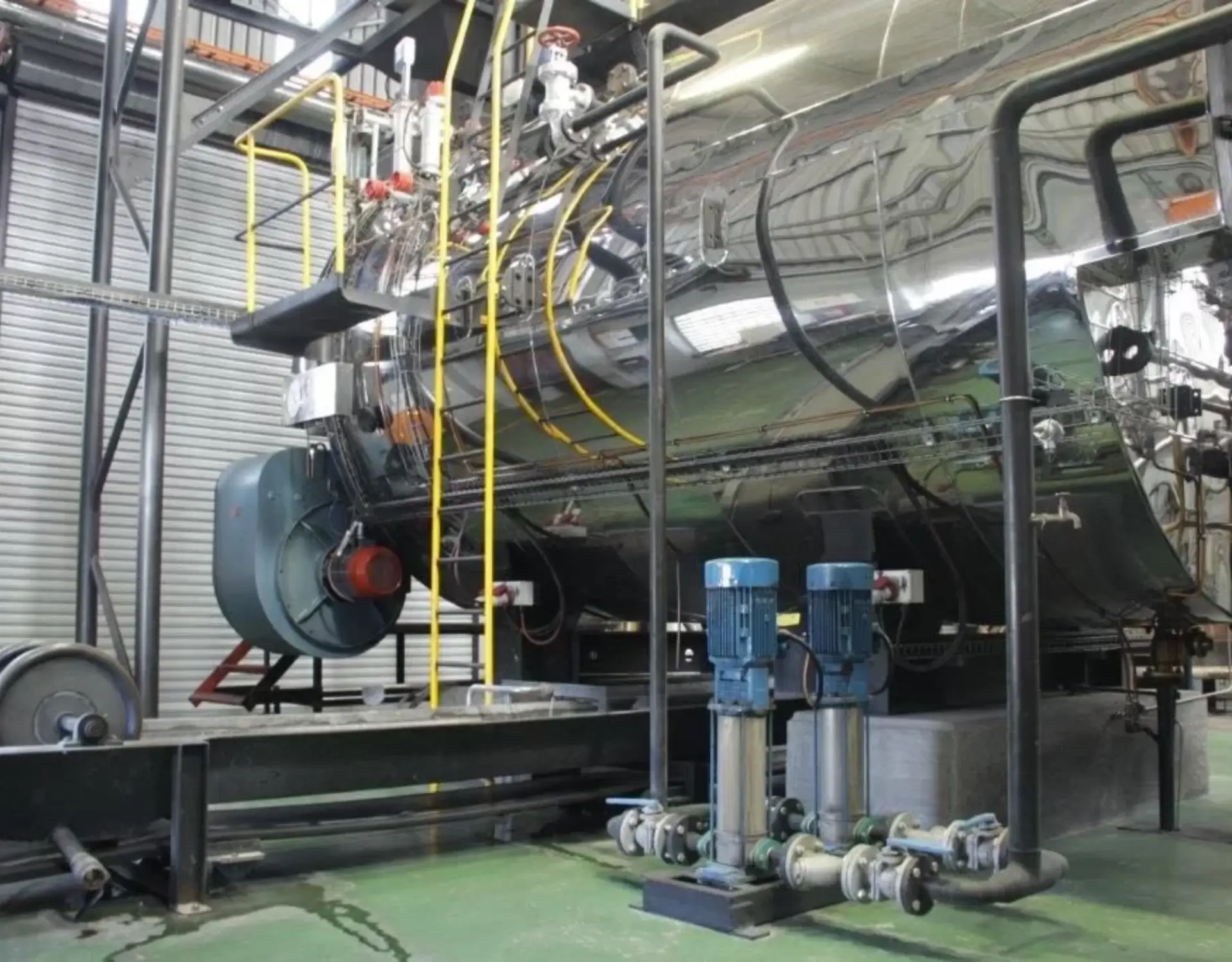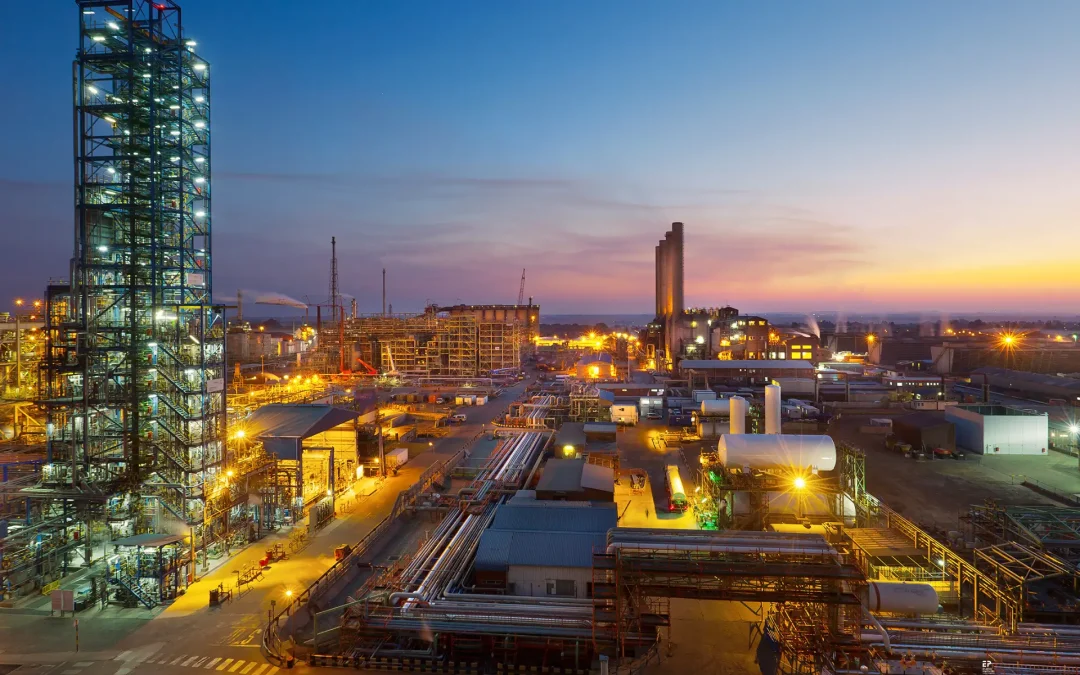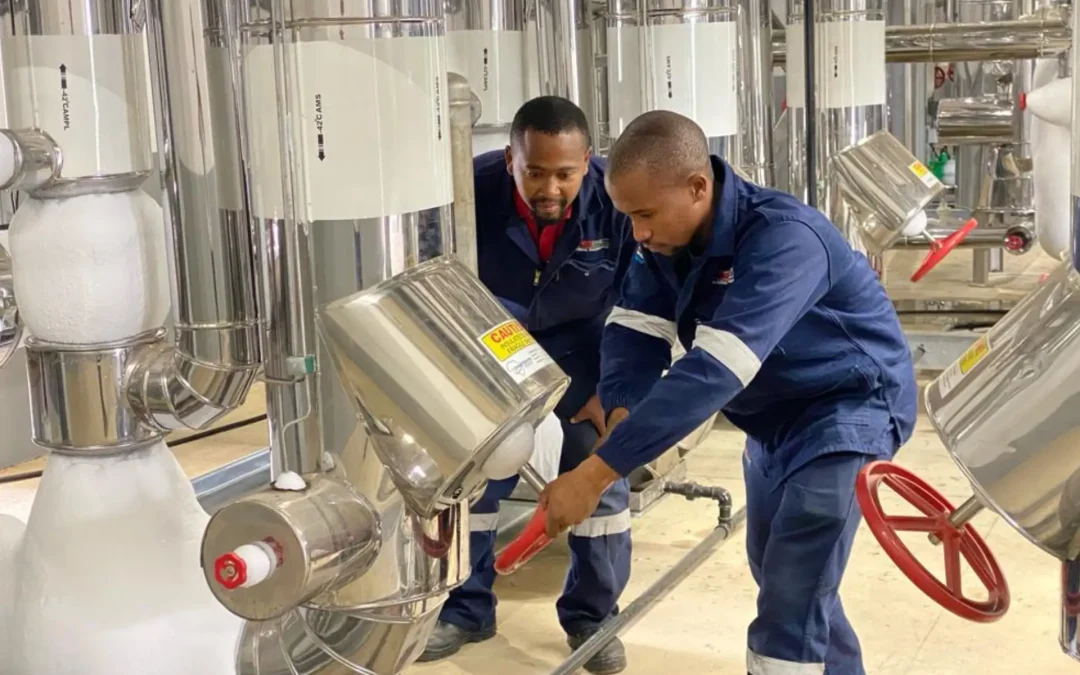It was recently reported that South Africa’s manufacturing production decreased by 49.4% year-on-year in April – largely due to the nationwide COVID-19 lockdown. As a result manufacturing operations are under severe pressure to increase production levels to normal again, and any additional unplanned downtime as a result of failing equipment will have catastrophic consequences for the sector, which is working to claw back its profit margins.
This is according to Jonathan Probert, Head of Business Development for EP Steam – a division of Energy Partners and part of the PSG group – who points out that for the manufacturing sector, which is very much steam-reliant, any interruption in the functioning of boiler systems can lead to months of downtime. “The losses resulting from a standstill like this can bring a company to its knees, which is why a contingency plan is an imperative part of these operations’ risk management. To provide a picture of how important it is as a mechanism to avoid extended downtime, EP Steam has assisted its clients (including AEL, Sasol and Clover among others) in avoiding a combined R2 billion in production losses to date. Downtime costs for some clients can run into the millions of rands per day!”
Probert explains that while boiler systems tend to be a tough and very reliable part of most operations, he has seen many instances where businesses have had to shut down part (or the whole) of their steam systems and didn’t have enough standby capacity available. “Keep in mind that, depending on the nature of the outage, a steam system can be out of commission for many months (if not a full year). The losses emanating from that can legitimately end the business. For a business sector that employs 1.8 million people and accounts for contributes 13% of South Africa’s GDP, the impact of this can be very serious for the economy as a whole.”
He adds that especially in these tough economic times, businesses cannot afford to lose production time and profits if they are to survive. “Business owners need to take a hard look at all of the equipment that they require for daily operations and ask themselves how they are going to manage their risk of downtime. Whether it is steam, refrigeration or any other piece of infrastructure that is fundamental to their survival, they have to be sure that their systems are running optimally and whether they know who to call when a shutdown occurs.
He notes that it is paramount to partner with a boiler hire solutions provider that has the capacity to roll out immediately. “Replacing a single regular boiler unit can be accomplished within a matter of days. A full temporary solution of boilers, along with water treatment, fuel supply and control systems, can take a month or two, depending on the size of the installation – still this is quick when compared to the many months that a steam system can be out of commission for if disaster strikes.”
With the new economic landscape having become much harsher for industrial operations, Probert says that it has never been more important to have a capable steam solutions provider on speed-dial, for manufacturing businesses. “Being sure of who to contact in the event that essential equipment fails, is the only way to make sure that your business is resilient in a post-COVID landscape,” he concludes.





